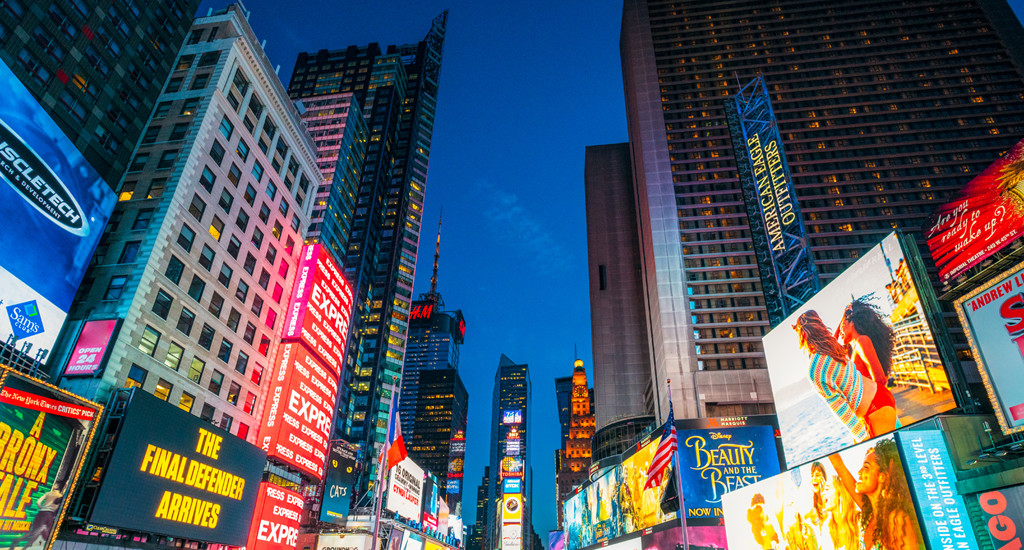aggettivi usati come sostantivi

smart – aggettivo
funny – aggettivo
happy – aggettivo
awesome – aggettivo
Alexandra Willis is putting smart to work to serve highlights to tennis fans faster.
Promoted by BBC Three as Feed My Funny Exclusives, they throw up exciting possibilities for comedy.
Spread the Happy. [pubblicità della Nutella]
The future of awesome. [slogan di un’azienda di telecomunicazioni]
In inglese, una peculiarità linguistica che si è affermata di recente, specialmente nel linguaggio della pubblicità, è l’uso dell’aggettivo al posto del sostantivo.
La formazione di neologismi attraverso l’assegnazione di una nuova categoria grammaticale a una parola esistente, senza modificarla, è una ben nota caratteristica dell’inglese. Un aggettivo può diventare verbo, come abbiamo visto in un vecchio post dedicato a green, o assumere la funzione di nome: the rich, per indicare ‘i ricchi’, the brave per ‘i coraggiosi’ ecc. Nel caso in questione, tuttavia, il linguaggio pubblicitario usa gli aggettivi nominalizzati senza l’articolo e li adopera al posto dei nomi astratti corrispondenti che ci si aspetterebbe di vedere – nelle frasi elencate sopra: smartness (o smarts) per smart; fun per funny; happiness per happy ecc. Bisogna dire però che il significato differisce da quello dei nomi astratti standard. Nella prima citazione su riportata, ad esempio, si sottindende che sia Alexandra Willis sia i sistemi che usa sono smart, mentre feed my funny sembra quasi descrivere il desiderio di intrattenimento come l’appetito di una creatura, che va soddisfatto.
Origini del termine
In inglese, i pubblicitari hanno iniziato a usare gli aggettivi come sostantivi intorno alla metà del decennio in corso.
Traduzione di Loredana Riu
smart – adj
funny – adj
happy – adj
awesome – adj
Alexandra Willis is putting smart to work to serve highlights to tennis fans faster.
Promoted by BBC Three as Feed My Funny Exclusives, they throw up exciting possibilities for comedy.
Spread the Happy. [Nutella ad]
The future of awesome. [tech company slogan]
Anyone who has seen English advertisements over the past few years may have noticed a novel linguistic feature that has spread like wildfire: the use of adjectives in places where nouns would be expected.
Word class flexibility is a well-known and productive feature of English, and adjectives are no exception to this: for example you can refer to rich people as ‘the rich’, say that ‘none but the brave deserve the fair’ and so on. The advertising use is different from this, however, and not only because of the lack of the definite article. Smart, funny, happy etc. here are not people with those characteristics; rather, the adjectives are being coopted to function as abstract qualities that would normally be expressed by nouns: happiness, smartness (or smarts), and so on. The meanings conveyed here differ from those of the standard nouns, however. The implication of the first example is that both Alexandra Willis and the systems she works with are smart, while feed my funny depicts the desire to be entertained as a creature with an appetite that needs to be satisfied.
Origin
Advertisers started to use adjectives in this way around the middle of the current decade.



